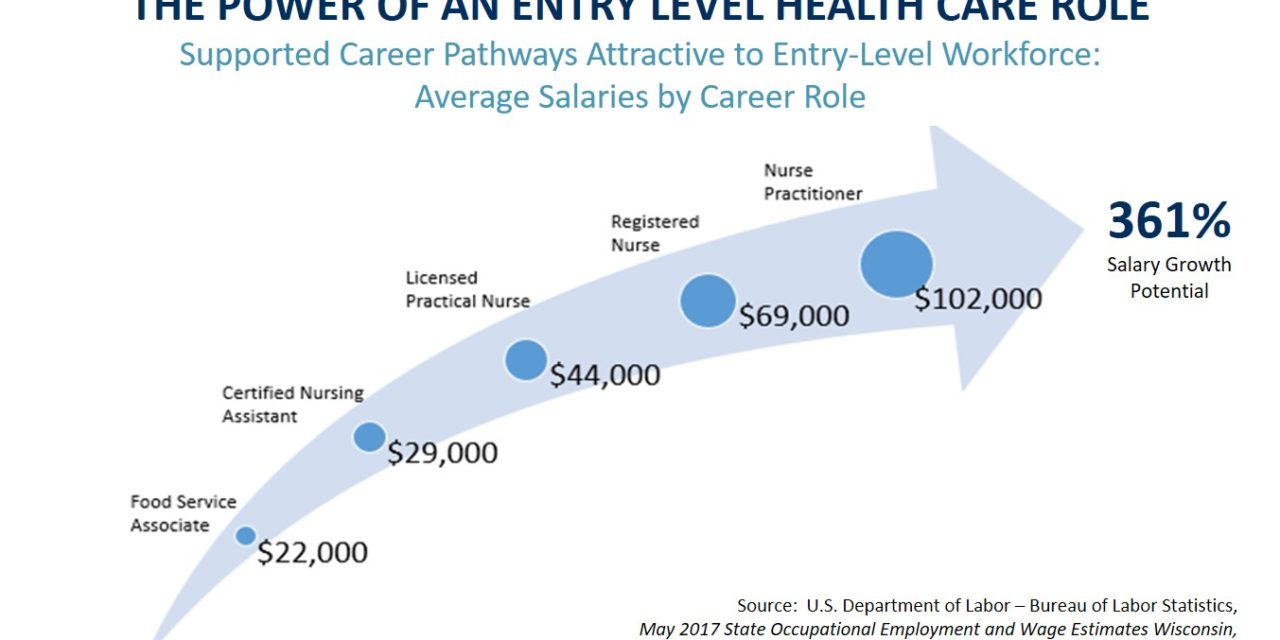
WHA: More workers won’t be enough to tackle state challenges

Improving care coordination, accelerating the adoption of telehealth and knocking down regulatory barriers are critical to tackling healthcare workforce challenges facing the state, according to a Thursday report from the Wisconsin Hospital Association.
With the state’s over-65 population doubling by 2030, healthcare demand will also grow. Combined with an aging workforce, physician shortages and high vacancy rates, especially for entry-level positions, the state faces “perhaps the perfect proverbial workforce storm,” according to the report.
“We know we have to build our workforce faster,” said Ann Zenk, WHA vice president of workforce and clinical practice. “But no matter how fast we grow it, we’re not going to be able to grow it fast enough. So we need to leverage team-based care and technology.”
Part of the approach will include state matching grants that have expanded graduate medial education and training for allied health professionals, she said. Other efforts should focus on “healthcare career ladders” and public-private partnerships, she said.
Zenk hopes the state targets residency dollars toward physician specialties like obstetrics and psychiatry going forward.
Efforts should target certified nursing assistants, which are in demand, she said. Also in demand are certified registered nurse anesthetists, advance practice nurses and surgical technicians.
WHA recommended policy changes so advance practice providers like physician assistants and advanced practice nurses can practice at their full training. It’s also looking for changes in Medicaid reimbursement for telehealth, so the program covers services the same way it does for in-person care.
“We want to make sure that we very effectively utilize the technology that’s available to provide safe and high quality access,” she said.
WHA also wants to ensure there aren’t changes to the state’s medical malpractice climate. And they’re asking for no more data reporting requirements, which Zenk said can burden doctors and cause them to spend less time on patient care, unless they’re essential to patient safety and quality.
This article first appeared in the Wisconsin Health News daily email newsletter. Sign up for your free trial here.





